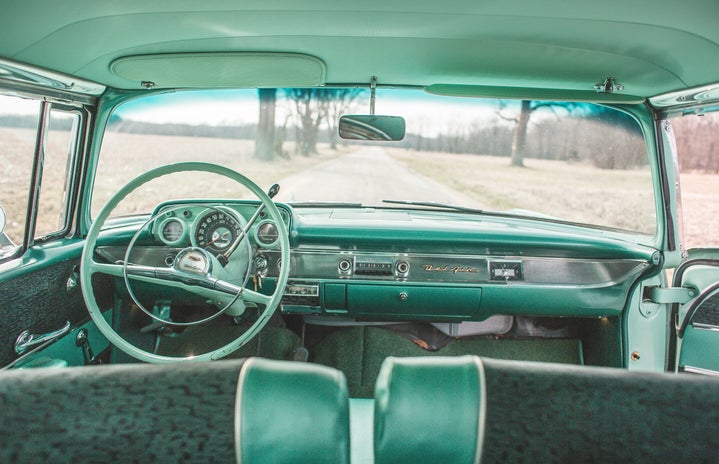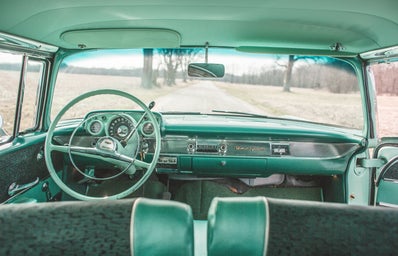Old cars, also known as classic cars, are much better than new cars. There are a lot of reasons for this including performance, build quality, engineering, safety, and a plethora of other factors. But for the sake of space, let’s just focus on a couple of these things.
Back in the 1960’s and 70’s, one of the main things that people considered when buying a car was performance. The performance details come from the engine, which is tested on a device called a dynamometer, or more commonly known as a dyno. The dyno shows the torque, force, and power of an engine. Back in the day, the lowest horsepower available was around 140. That was with a slant-six that produced 215 ft-lb of torque. You can just imagine what the higher-powered V8’s were doing. Today, engines are smaller to accommodate the sizes of cars but aren’t nearly as powerful, and most engines have some sort of turbo on them because they don’t generate enough power by themselves.
Besides performance, older cars were also built better. I personally own a classic car: a 1972 Plymouth Satellite. Yes, she needs some work, but she’s better than any car on the market today. This is because she’s built better. Back in the 60’s and 70’s, cars were built to withstand tough conditions. One of the main factors in doing this was using quality materials. The materials included thicker gauge steels, supple leather for the interiors, and varnished wood for the dashes. My car has all of that. Cars today have none of that. They have thinner steel (sometimes even aluminum), cloth and plastic interiors, and an entirely plastic dash. Because of these flaws, cars today have more problems than not.
Many people believe that old cars are not as safe as new cars because many of them didn’t come with seatbelts, air bags, or any of the modern safety features that cars today have. In reality, old cars are definitely safer. Not only is having a car with thicker steel going to be safer if you get into an accident, it’s also not going to total the car, and you’re going to live. Smashing into anything at 35 miles-an-hour is definitely going to cause damage, but if you did that with a new car, not only are you going to sustain some serious injuries, and possibly die in the process, you’re going to have a totaled vehicle. With an older car, it will be wrecked, but it will be fixable, and you won’t have to go to the hospital.
In conclusion, older cars are better than newer cars because of their performance, build quality, and safety features. If you want a car that will stand the test of time, protect you for your whole life, and looks good as well, get yourself a classic. You’ll thank me later.


